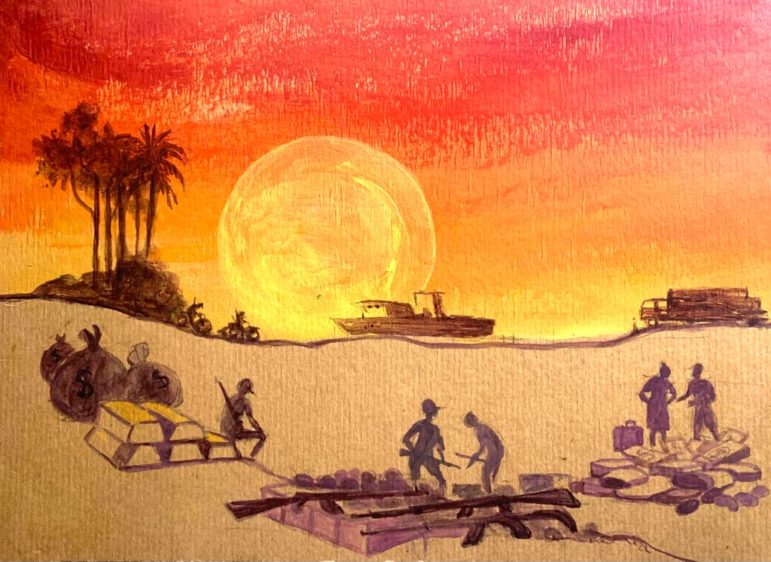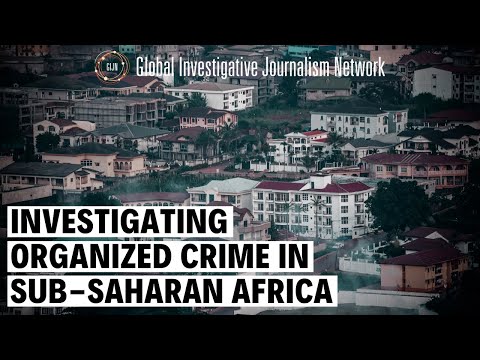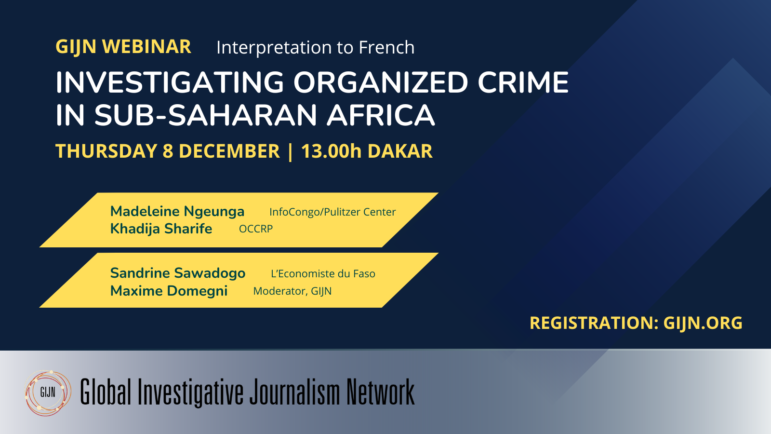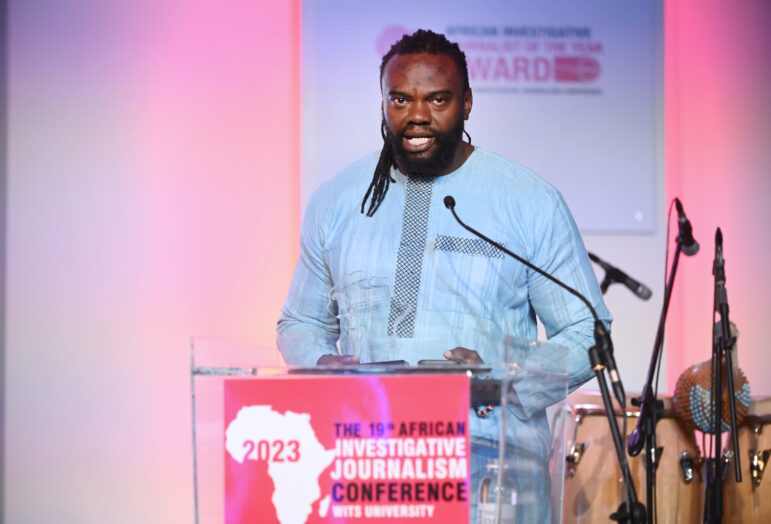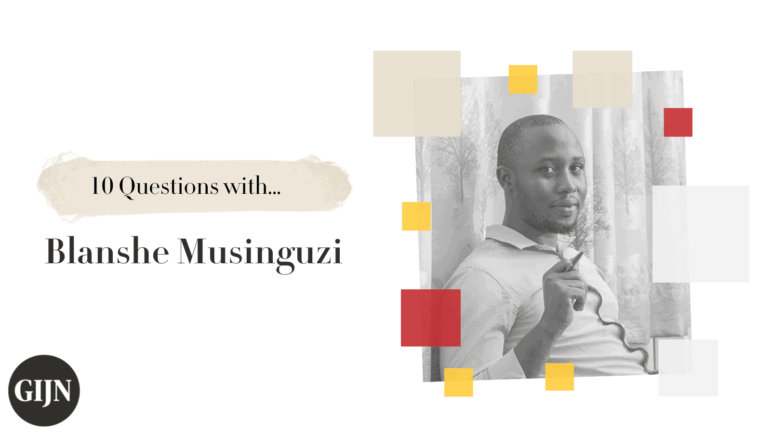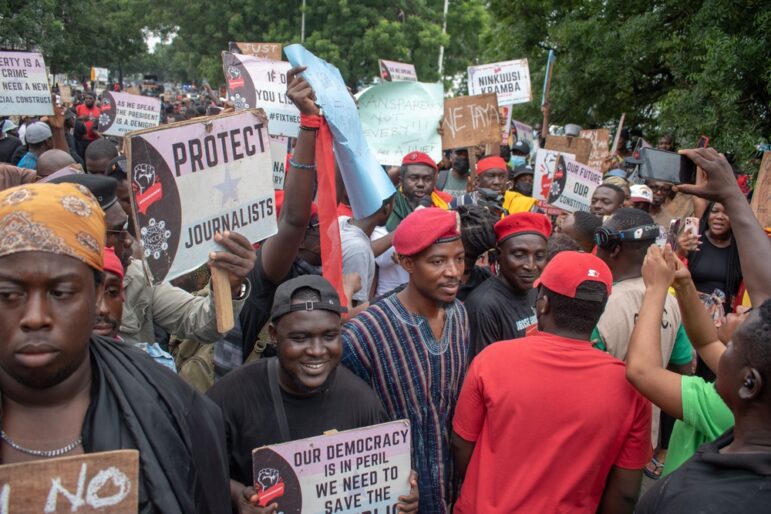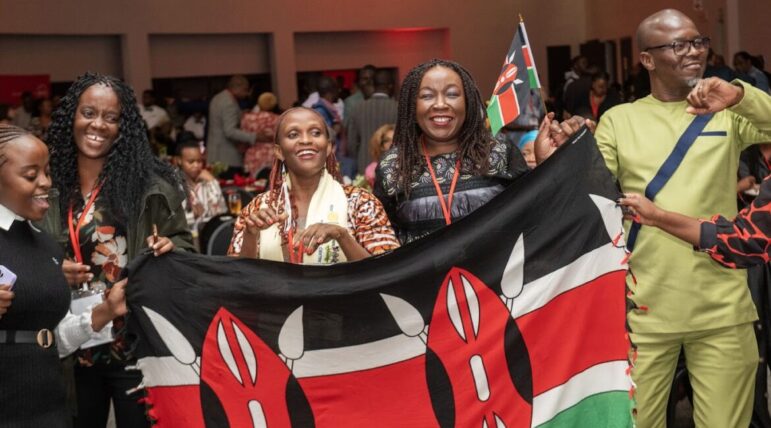

The 2025 edition of the African Investigative Journalism Conference took place at Wits University in Johannesburg, South Africa, where it was also announced that next year's event will be held in Kenya. Image: Courtesy of AIJC
After 21 Years, AIJC Signs Off from South Africa in Style. Next Stop: Kenya
On the afternoon of Friday, November 7, as the 21st edition of the African Investigative Journalism Conference (AIJC) drew to a close, a visibly content Beauregard Tromp, the AIJC convener, appeared before the audience gathered in the main plenary hall to conclude what he described as one of the “best ever” gatherings of African watchdog journalists.
Beauregard noted that while planning for the conference, which had more than 455 attendees representing 45 countries, 37 of them in Africa, he had deliberately opted to look beyond “the best and brightest minds in investigative journalism” to attend the conference and “step outside our own echo chamber and look at ideas and inspiration from persons and organizations working adjacent to the journalism industry.”
And the tone was set at the opening of the three-day conference, which had the former chief prosecutor of the International Criminal Court, Fatou Bensouda, as the keynote speaker. Now working as the Gambian High Commissioner to the United Kingdom, Bensouda challenged the investigative journalists before her to preserve the sanctity of facts in their reporting.
“The craft of investigative journalism is at its heart an act of disciplined inquiry. It demands evidence over assumption, verification over sensation, and balance over bias,” she said. “In a world awash with misinformation, this discipline becomes not only a professional standard, but a civic duty. The investigative journalist must navigate political pressures, legal challenges, and ethical dilemmas while preserving the sanctity of facts. Each exposé, each documentary, and each report must contribute to the architecture of public trust.”
Verification Tools
The conference indeed had several sessions in which participants learnt how to use the latest tools to dig up facts. In one such session, Youri van der Weide, a trainer with Bellingcat, an independent investigative organization, demonstrated how he was able to identify a reclusive administrator of a Telegram group called “White Uncle in Africa,” which recruits agents for Russian paramilitary operations in Africa and enjoys posting horrific images to lure potential new recruits.
Van der Weide detailed the effectiveness of facial recognition tools such as Pimeyes, the observation of clues like tattoos or shoes in the images of his subject, analysis of YouTube metadata, and consulting databases such as Intelx to uncover the name of the former member of the Russian Air Army managing the Telegram group.
In another session, South African journalist Catherine White, founder of Cat White Media, who “absolutely loves TikTok,” showed her audience how to give their investigations greater reach by harnessing TikTok’s power. She explained, with examples, how the first three seconds are crucial in grabbing and maintaining the audience’s attention, and which words to avoid.
“TikTok can help journalists reach broader audiences, simplify complex issues, and invite direct interaction with viewers, all while maintaining journalistic integrity,” White explained.
The juxtaposition of intensive open source intelligence (OSINT) sessions with audience engagement advice showcased the diversity of topics covered at AIJC. Participants attended workshops, seminars, and panel discussions ranging from exposing carbon credit deal profiteers to anti-rights movements in Africa, and protecting whistleblowers to investigating AI models for sustainability.
Funding Investigative Journalism
In a session moderated by GIJN’s Africa Editor, Benon Herbert Oluka, panelists discussed the impact of the withdrawal and reduction of foreign funding on newsrooms, as well as the resilience-building measures deployed by various watchdog journalism outlets across Africa.
“Journalism is not enough,” said Nolwazi Tunisi, program director for Southern Africa from the Media Development Investment Fund. “We need to learn new skills. You need to be able to think about business, think about models, think about how to lead your team. It is more than financial viability. Think about your journalism as a product that has value. Diversifying your income or revenue is no longer an option. Otherwise, your organization will die. It may not happen this year, but it will happen.”
Joe Ageyo, editor-in-chief of the Nation Media Group, the largest media house in sub-Saharan Africa, said in his keynote speech at the African Journalist of the Year awards night that journalists need to address the funding constraints challenge by forging “new compacts — between journalists, civil society, philanthropies, and even the private sector.” But he added that solutions to the sustainability challenge “must also be re-imagined from within.”
“We need new revenue models, cross-border data partnerships, reader-supported models, memberships, and university collaborations that bridge academia and newsroom investigations,” he said. “We must learn to monetize credibility, to treat trust as currency.”
Safety and Security
At the end of day one of the conference, a special event brought participants together in an emotive march in support of journalism safety. Participants carried placards bearing messages as they took part in a symbolic march from the main conference venue to the large hall, on the same campus, where the evening’s event was to be held: the Carlos Cardoso Memorial Lecture, organized for many years by the Committee to Protect Journalists and AIJC.
Twenty five years have passed since the Mozambican journalist, after whom this lecture — dedicated to issues of press freedom on the continent — is named, was assassinated in his country. This year, his friend Fernando Lima recalled the main points of the fearless work of this investigative journalist who was not afraid to take on sensitive issues that caused discomfort beyond Mozambique’s borders.
Thank you to our delegates for an energetic and engaging start to the 21st African Investigative Journalism Conference. Are you ready for day two?
📸🧵 Day one of #AIJC2025 in pictures. pic.twitter.com/QPfXwtwP17
— African Investigative Journalism Conference (@AIJC_Conference) November 6, 2025
Another seminal moment of this year’s conference was day two’s keynote session, during which Kenyan writer and journalist Nanjala Nyabola addressed the issues of “false gods,” those political figures, from the late Libyan President Moammar Gadhafi to the current head of state of Burkina Faso, Captain Ibrahim Traoré, who present themselves as saviors but end up governing in a way that punishes their people as well as journalists. Later, Nanjala suggested that to detect these “false gods,” you just have to analyze their reaction to the prospect of losing power.
Key Conference Attractions
Ahead of the conference, the Wits Centre for Journalism (WCJ), collaborating with the Norwegian Foundation for Investigative Journalism (SKUP), and Bellingcat, hosted 20 leading investigative journalists from 13 African countries for a three-day OSINT masterclass.
A similar pre-conference session on digital safety was hosted by ACOS Alliance, Thomson Reuters Foundation, the South African Editors’ Forum (SANEF), and other partners, while Human Rights Watch (HRW) engaged investigative journalists in a post-conference session aimed at offering a platform for watchdog journalists to interact with HRW researchers investigating human rights violations on the continent.
“The lack of accountability by African governments for the excessive use of force in handling civil protests, the abusive responses to intensifying conflicts including in Sudan, the DRC, and the Sahel, and the growing repression of dissenting voices including journalists, social media commentators, and activists in several countries, have emboldened state and non-state actors to carry out significant human rights atrocities across the continent,” noted Mbong Akiy Fokwa Tsafack, the associate communications director for Africa at Human Rights Watch.
The highlight of the conference for many was, perhaps, the African Investigative Journalist of the Year Awards night. For the past three years, AIJC has also hosted the awards at colourful gala dinners, and this year was no exception.
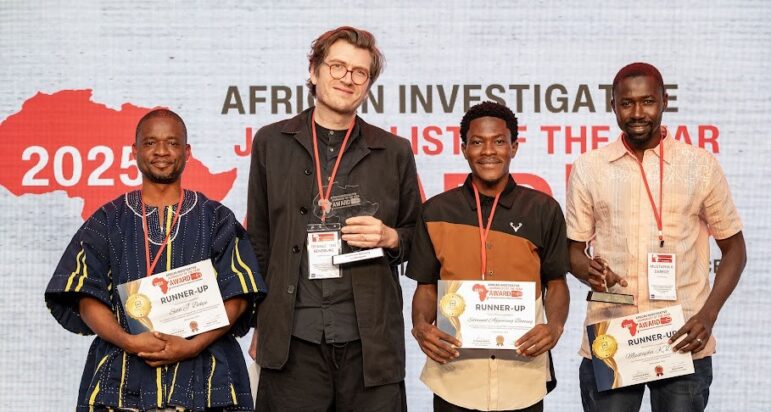
Dewald van Rensburg (seond from left) of the South African investigative journalism unit amaBhungane won the 2025 AIJC African Investigative Journalist of the Year Award for his series of investigations titled City of Gold. Image: Courtesy of AIJC
South African journalist Dewald van Rensburg of the investigative media outlet amaBhungane was named African Investigative Journalist of the Year for his investigative series, The Laundry: City of Gold.
“Van Rensburg’s work showed how this dark corner of the gold “industry” grew into a multi-billion rand drain on the fiscus – and how the key role-players engaged in financial manoeuvring to launder their funds offshore”, commented the AIJC organizing committee.
🏆 NEW: South Africa’s @DewaldvanRensb1 named 2025 African investigative journalist of the year at gala award ceremony held last night in #Johannesburg.
Read more: https://t.co/qgKt0qkwaN
Congratulations to all finalists for your well-deserved recognition 👏 #AIJC2025 pic.twitter.com/VhvJd8rwtu
— African Investigative Journalism Conference (@AIJC_Conference) November 7, 2025
West Africa dominated the other positions, with The Gambia’s Mustapha K. Darboe of The Republic taking second place for his investigation, titled The Assets of Former Dictator Go for a Song, while third place went to Ghanaian journalists Seth Bokpe and Edmund Agyemang Boateng of The Fourth Estate for Forest Invasion: The Scramble by PEPs to Acquire Mining Licences in Ghana’s Forest Reserve.
Over the years, the AIJC has diversified, with, for example, the introduction a few years ago of French interpretation, which has made the conference more inclusive for French journalists. Similarly, two years ago, the organizers introduced a new category of participants under the age of 30, which has also opened the door to very young journalists, some of whom come from very hostile regions, such as Balkissa Mahamane from Niger, a country currently under military rule, and from a region, in the southeast of the country, that has been facing terrorist attacks for years and where independent journalism comes at a high cost.
NEW: In case you missed the live announcement at #AIJC2025, we’re excited to reveal that the conference is taking flight in 2026, heeding the call of the continent’s journalism community in making the event more accessible.
✈️ Read more here: https://t.co/sKGEphsd8D pic.twitter.com/PdIkyuAYJx
— African Investigative Journalism Conference (@AIJC_Conference) November 10, 2025
The dates for the 2026 edition are already known: November 10 to 12. The location is also known. This time, for the first time in 22 years (excluding the COVID-19 period), the conference will be held outside South Africa, to make it more accessible to participants who often struggle to secure visas to Africa’s largest economy and to bring it closer to those coming from the northern or western parts of the continent. It will be held in Kenya, a country that has abolished visas for most Africans, with the Aga Khan University in Nairobi set to host. As they say in Swahili, Tuonane huko (see you there).
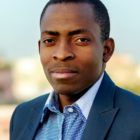 Maxime Domegni is GIJN’s Francophone Africa editor and an award-winning journalist with years of experience in investigative journalism. He has worked, among others, as editor-in-chief of the Togolese investigative newspaper L’Alternative. He has also collaborated with different media organizations, notably with the Swiss-based Fondation Hirondelle as West African Correspondent for the justiceinfo.net website.
Maxime Domegni is GIJN’s Francophone Africa editor and an award-winning journalist with years of experience in investigative journalism. He has worked, among others, as editor-in-chief of the Togolese investigative newspaper L’Alternative. He has also collaborated with different media organizations, notably with the Swiss-based Fondation Hirondelle as West African Correspondent for the justiceinfo.net website.


